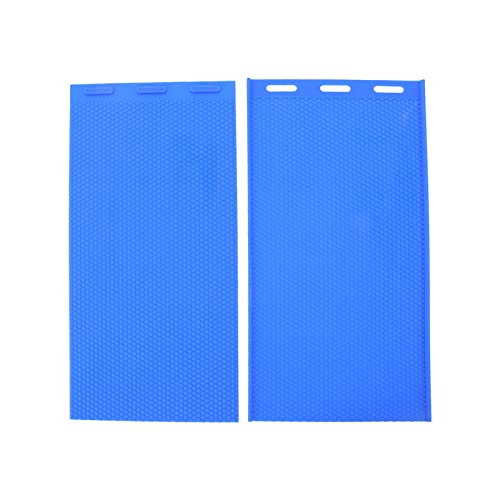- Joined
- Jun 20, 2009
- Messages
- 2,428
- Reaction score
- 2
- Location
- Kingsbridge, South Devon
- Hive Type
- None
- Number of Hives
- 0 - Now in beeless retirement!
You can lay turf throughout the summer providing you keep it damp and don't let it dry out. The recommended times for sowing seed are spring or autumn with autumn usually considered best as spring sown grass will have to cope with high summer temperatures and possible a drought when it is not fully established.



















































